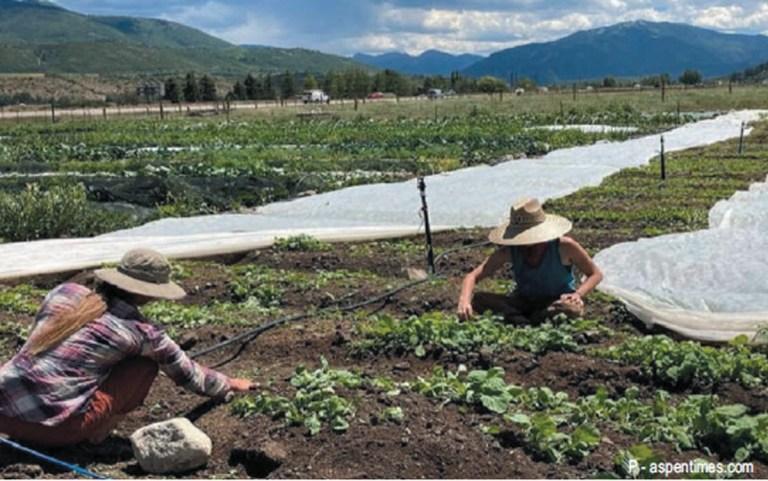By Sadasivam Reddi
Africa-Press – Eritrea. During the past two years, amidst the backdrop of the Covid-19 pandemic, politicians, economists, and businessmen have expressed concerns about a global recession. The ongoing war between Russia and Ukraine and the conflict in the Middle East opposing Israel to Hamas have only deepened their pessimism, especially with millions of people now confronting the spectre of food insecurity. Despite a WTO forecast, released on Wednesday by the WTO, predicting a gradual recovery in global trade growth this year following a contraction in 2023, the prevalence of regional conflicts, geopolitical tensions, and economic policy uncertainty presents significant downside risks.
“The failure to implement the Gorvin Report on agricultural diversification in 1946, rejected by sugar estates, underscores the need to reevaluate agricultural practices. Today agricultural diversification by sugar estates is geared towards the tourism industry with the surplus being dumped on the local market. Has capitalism become more humane now that king Sugar is no longer sitting on the throne?”
In 2014, over 500 million people were already grappling with various forms of food shortages. Since mid-2020, global food prices have surged by 50%. In Mauritius, a combination of factors including inflation, currency depreciation, adverse weather conditions, and unemployment has exacerbated food insecurity for numerous families. In 2020, Mauritius regressed from a high-income to a middle-income country, resulting in relative poverty transitioning into absolute poverty. Escalating food prices have forced some individuals to skip meals, while many families are forced to reduce their essential food intake, particularly for children.
The memories of food shortages are deeply ingrained in the collective consciousness of our parents and grandparents. They endured significant hardships, relying solely on locally grown produce from vegetable plantations and home gardens. Staple foods like maize, manioc, and sweet potatoes became their primary diet for prolonged periods, sometimes spanning months or even years, all while working exhausting 10 to 12-hour days.
In light of the impending crisis, there is little optimism that the situation will improve for the suffering poor unless we engage all stakeholders from various sectors and devise solutions tailored to our specific needs.
mauritiustimes
For More News And Analysis About Eritrea Follow Africa-Press







